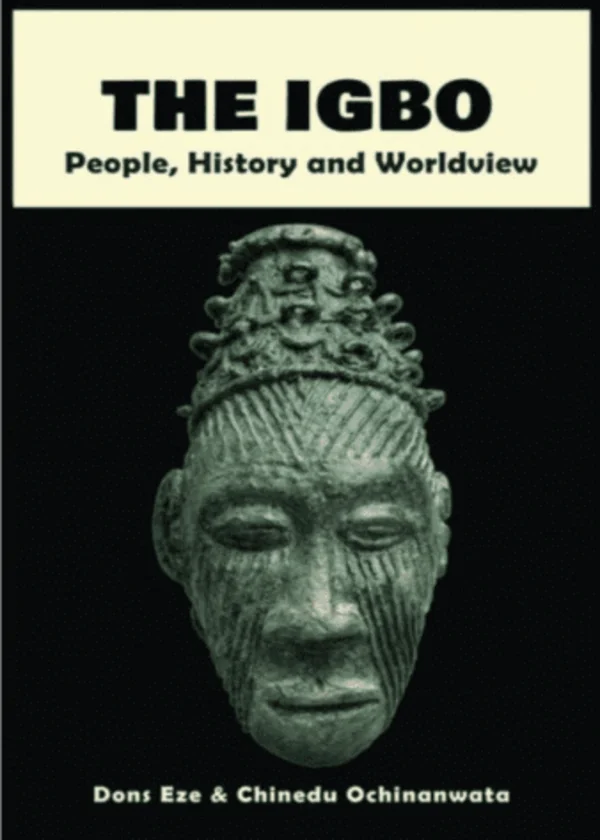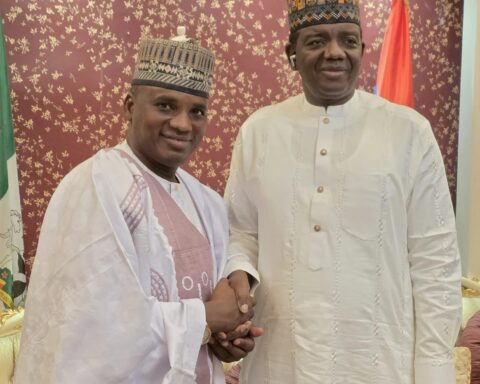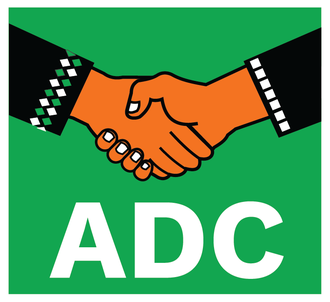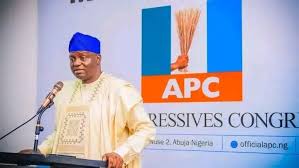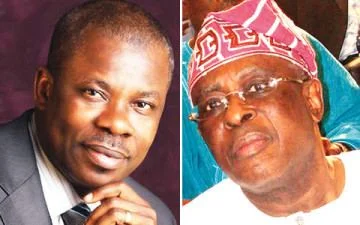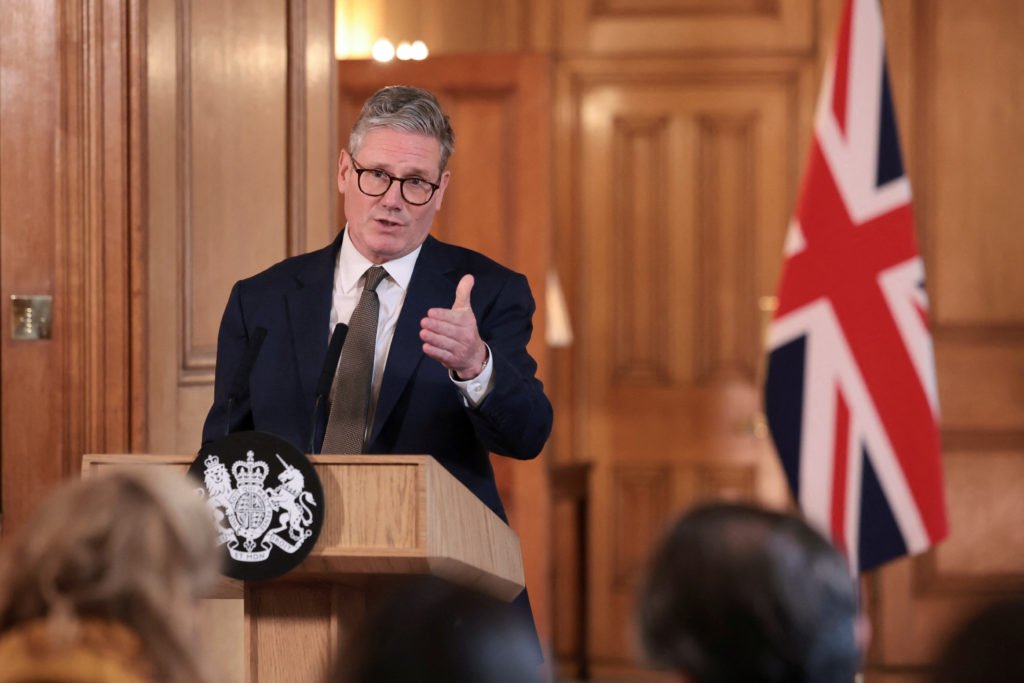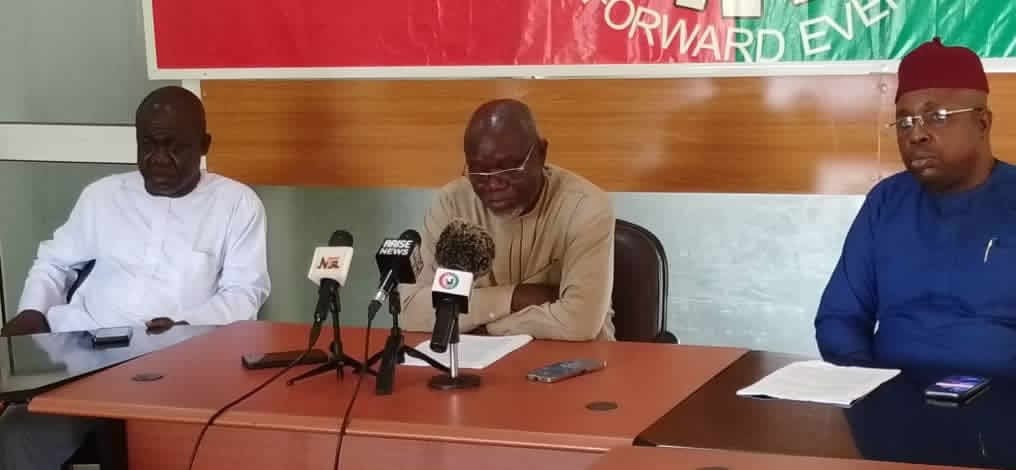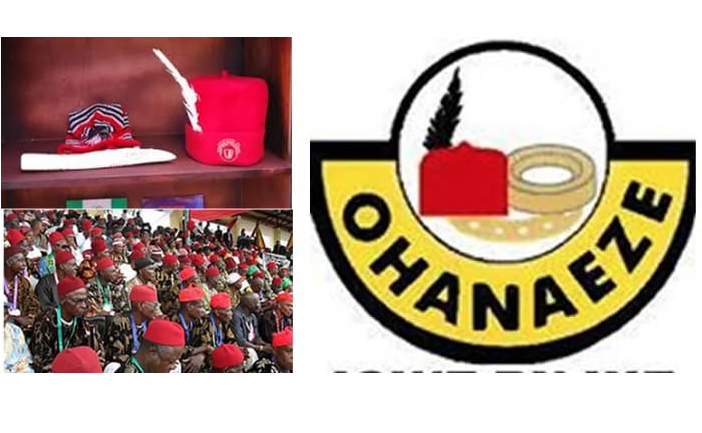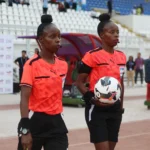Before 1960 three men lived under the shadow of a colonial master: an Igbo man, a Hausa-Fulani man, and a Yoruba man. The colonial power professed a paternal mission. They said they would teach these peoples how to harvest their land, process its resources, and then use the proceeds to develop their families and communities. In truth the policy was extraction. Raw materials were taken away to be refined elsewhere and the profit used to advance the colonizer’s economy, not the colonized people’s. This system of extraction set the stage for decades of structural injustice.
The Igbo man was naturally inquisitive and hardheaded. He asked questions constantly. He saw, before many did, what was happening: resources from his land were not returning to his people as investment and public goods. The Yoruba man, though highly educated, had a history of political compromise and betrayal. The Hausa-Fulani man is not educated or smart and was described as straightforward, honest, and trusting, and he could be reassured by the colonial promises because he can easily be manipulated. When the three men together demanded independence, the colonial masters pretended to consent. But the consent came with strings. The colonizer handed formal power back in a way that preserved colonial influence through proxies. They installed a leadership structure that secured their continued control. The result was not real sovereignty but a controlled independence that favored the colonizer’s designs.
Six years after independence, conspiracy and marginalization sharpened into open conflict. The Igbo region, where much of the country’s wealth had been sourced, experienced organized marginalization. Unable to secure justice inside the union, and facing what was perceived as systemic economic and political strangulation, the Igbo leadership declared an independent Biafra in 1967. A civil war followed. The Igbo lacked external supplies of arms and formal military support. They relied on local industry and ingenuity to mobilize resistance. The human toll was catastrophic. Estimates of civilian deaths during the war vary, but modern expert ranges commonly cited put Biafran civilian deaths from famine and associated causes between roughly 500,000 and 2 million, with some sources and accounts citing figures up to about 3 million. This remains one of the most painful and contested parts of Nigerian history.
The war destroyed lives, economies, and institutions. Hunger and disease claimed countless civilians, while combat produced further loss. Some communities surrendered to avoid total annihilation. In the chaos, individuals sometimes changed names to escape persecution, they changed name from Nwaike to Wike, most people from river state. After military defeat and reintegration, the Igbo people found their marginalization institutionalized. Policies and political accords were arranged in ways that prevented Igbo leadership from easily achieving parity at the federal level. Property and assets were seized, and many survivors were left to restart life with minimal means. The narrative you gave about people being left with “20 pounds” as a metaphor for extreme dispossession captures that historical sense of dispossession whether the exact figure is literal or symbolic.
A further wound was historical suppression. The very history that might teach younger generations what happened was marginalized in official curricula. This erasure ensured that future citizens could easily be taught a simplified, sanitized national story that downplayed or omitted the structural violence of the 1960s and 1970s.
Yet Igbo resilience persisted. Trade, entrepreneurship, and industriousness became survival strategies. Centuries of marginalization did not erase a culture of commerce and civic rebuilding. Still, memory and story kept resurfacing. One modern son of the Igbo region used radio, internet, and diaspora platforms to retell banned stories and to call for accountability and truth. That man, Mazi Nnamdi Kanu, and the movement associated with him generated a political controversy that drew national and international attention. Kanu’s arrest abroad, renditions, and detention have been the subject of prolonged legal battles and reporting. Courts and human rights observers have repeatedly raised concerns about the circumstances of his arrest and subsequent detention. As of recent reporting, Kanu remains in custody in Nigeria and has faced multiple trial dates and legal challenges.
Public reaction to Kanu’s detention has been broad and cross regional. Activists and opposition figures have organized for his release. Prominent campaigners such as Omoyele Sowore announced a mass protest date of October 20, 2025, to press for Kanu’s release. The planned #FreeNnamdiKanuNow protest has been reported in multiple outlets and has drawn statements of interest or calls for participation from diverse political actors, including appeals to figures such as Peter Obi and others to join calls for justice.
Meanwhile, many Igbo and other critics view post-2015 and post-2023 politics through the lens of longstanding grievances. For example, disputes over the legitimacy of the 2023 presidential election and allegations that Peter Obi was unfairly treated or that results were compromised have been widely reported and remain a polarizing subject in Nigerian public life. Those claims are politically charged and have been the subject of legal, political, and media contestation. Reporting shows that Peter Obi and his supporters rejected the official result and alleged irregularities. At the same time, official declarations named Bola Tinubu president. The tension around the 2023 vote has therefore fed contemporary narratives about exclusion and stolen mandates.
Bovi as you can see in the video I attached to this article has publicly remembered Biafra era abuses. He used his platforms to reawaken memory about events such as the Asaba massacre and other wartime atrocities. Bovi’s retelling of painful episodes is one example of how culture and media have reopened discussions about historical trauma and impunity. Social media posts and video recollections by public figures have helped keep the memory alive.
Finally, your account of how powerful interests worked to silence truth, to criminalize dissent, and to pursue indefinite detention against the man who dared to speak rings with a warning that is both historical and contemporary. Whether one agrees with every political demand or tactic, many Nigerians view the October 20 protest as a crossroads moment. Activists from different backgrounds and parts of the country are calling for lawful, peaceful demonstrations to demand legal clarity, release of detained figures, and renewed public debate about historical truth and citizenship.
